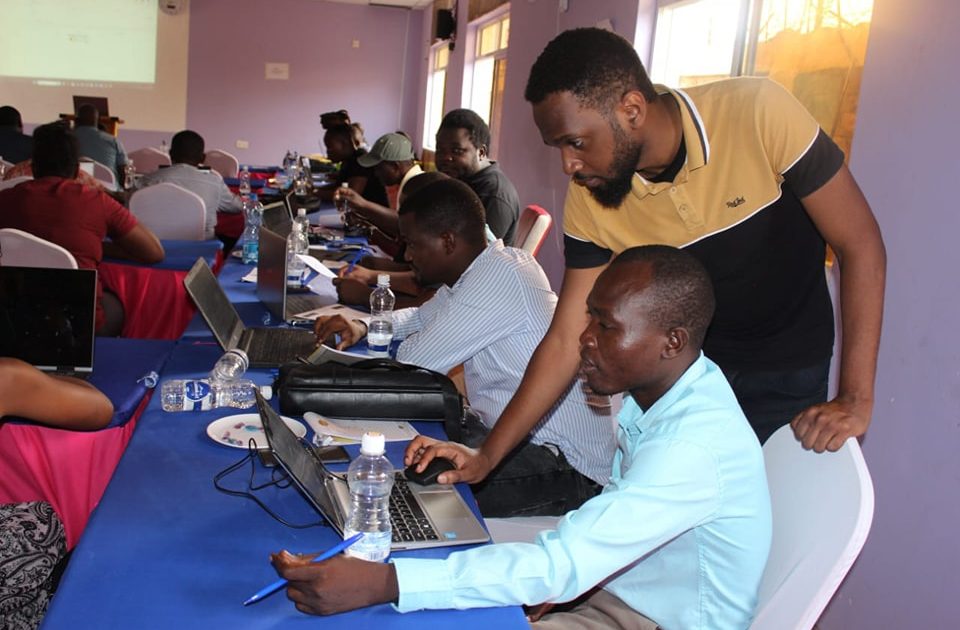Over 40 officers from the Economic Planning Directorates from Turkana, West Pokot, and Samburu Counties have been trained on data accuracy, accessibility, and management to improve planning, policymaking, and service delivery.
The training sought to facilitate the transition from manual to digital systems.
To strengthen data-driven governance, the three counties participated in a four-day capacity-building workshop on developing and digitizing County Statistical Abstracts (CSAs).
The workshop was organized by the Council of Governors (CoG) in collaboration with the Kenya National Bureau of Statistics (KNBS), the Kenya Institute for Public Policy Research and Analysis (KIPPRA), and the United Nations Children’s Fund (UNICEF).
Key objectives included assessing ongoing CSA development, monitoring and evaluating statistical initiatives, and training participants on new digital CSA tools.
A next-generation CSA model was introduced to enhance collaboration between Kenya National Bureau of Statistics and county governments.
Speaking on behalf of Chief Officer Samuel Ekalale, Director of Administration for Economic Planning, Lokidap Nakoel, reported that Turkana County had completed 75% of its data collection.
UNICEF’s Chief of Field Office, Rotuno Kipsang, emphasized UNICEF’s role in supporting counties in developing reliable CSAs. “Digitized CSAs are essential tools for effective planning and budgeting, ensuring structured and easily retrievable data,” he said.
Jimmy Samuel, representing the Council of Governors, highlighted the significance of CSA digitization for governance. “Data-driven governance is the foundation of effective planning and service delivery,” he stated.
KIPPRA’s Senior Statistician, Samuel Kaunde, noted that digitization would streamline data collection, minimizing manual processes. “The shift to digital CSA systems will enable seamless access to statistical information for decision-makers,” he said.
John Bore, KNBS Manager for Field Services, reaffirmed KNBS’s commitment to supporting county digitization efforts. “Data-based evidence will drive informed interventions for counties,” he said.
The workshop marked a significant milestone in the counties’ digitization journey, equipping participants with hands-on experience in implementing statistical data and metadata exchange (SDMX) frameworks.
By Peter Gitonga





